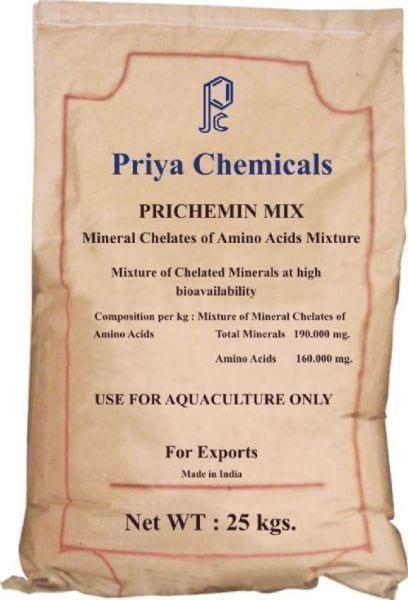Aquaculture in the Americas- An Overview
The article is an interesting one and those of in the developing countries will like to know the secret of the success of aquaculture in Americas.
In Nigera what we have is high rate of mobility of fish farmers in and out of the Industry.Every so often new farmers invest in aquqaculture with high hopes of making a living out of the business but the story changes after one or two harvests characterised by woeful failures. They pack up their tools and continue in search of other means of livelihood. We will like our colleagues in the Americas to tell how they overcome high cost of feeding/production and their selling price. The problem in our own setting is high cost of feeding and low pricing by middlemen who can not pay more than $2.2/KG or even lower for those weighing below 1kg at harvest.
Aquaculture is dying in Africa and therefore the help of other countries like Americas where the growght is phenomenal.
Dr Igwe U Eddy

Interesting article abput aquaculture in Americas. I share in Dr Igwes write up bring a Nigerian fish farmer who have lost so much momey over the years but refused to quit. The biggest problem is high cost of scarce feed. there is no way one can recover his cost during harvest sale. What spent in feeding the fish is always more than the sale.
The only way the international community, especially the Americas help us is to teach us how to formulate feed using grass and other suitable weeds which are abound and readily available here to make feed. Sure, some of these weeds and grasses can be eaten by fishes like Clarias that include heterobranchus if mixed with other ingridients which can form 30-40[percent] of such feed. There are researching institutions in Nigeria that can help farmers but ther are so many Universities in the US that can help as there other research centres with the know how but doing nothing to assist. The United Nations has a food agency (FAO) has not directed its attention to this direction and helpless satisfied with glassy and comfortable office while we face hunger.
The US and Europeans are going to the moon or the Orbit to search for live out there when they have not cared about the lives on earth. What a silly and funny world. How I wish they can divert some of those billions used in building space craft to assist us to find a cheap way of producing fish feed to the benefit of makind so that man can be truly kind to man.
Chief D.A. Etaluku
Fish Farmer in Nigeria.


PRICHEMIN MIX

Sorry for the observed typographical errors in this article about aquaculture in Americas. For example, I meant to say that there are NO researh instituitions in Nigeria but there are in US and a few other omissions.
Chief D.A. Etaluku

Good research about Aquaculture in Americas. i agree with Igwe that local fish farmers are not really making it like their counterparts in other countries but i am suggesting that we now have locally made feed that can also float.These feed is made by Nigerian Institute of Oceanography and Marine Research.So many research works are going on and we shall get there.

The American aquaculture and EU aquaculture is growing for obvious reasons. There is awareness and people are willing to invest in findings. Nigeria has so many people in the industry and yet very poor production per person. The high production rate Nigeria records is much as a result of gross production than per farm. There is over dependence on the research centers. Most of the research centers are not really moving forward with modern techniques. They are really carrying out no research and the professional field work know how is lacking. Consequently many advisers without practical knowledge of the day to day operations with concomitant vagaries becloud the industry. If Nigeria will move forward there must be extrication of fish farmers from dependence on research institutes. I have carried out several consultancies within Nigeria and know exact problem of farmers. I have made quality feed for farmers in the eastern part of Nigeria to their greatest surprise at minimal cost. I heard that fish seed is also a problem, but here in Finland, this year alone I have discarded thousands of African catfish juveniles. I offer to help any fellow that is willing and ready for meaningful profit and progress in Nigerian aquaculture.


PRICHEMIN MIX


As the co-author of this article about Aquaculture in the Americas. I was interested to read everyones comments. Our company, The Aquaculture Communications Group www.aquacomgroup.com, facilitates information and technology transfer and perhaps there is a role for us in helping farmers in your country.
Also, as a board member of Aquaculture without Frontiers www.aquaculturewithoutfrontiers.org I suggest that you contact the head office about submitting a proposal to organize a workshop on aquaculture feeds and or production methods appropriate to your region.
Regards,
Dave







